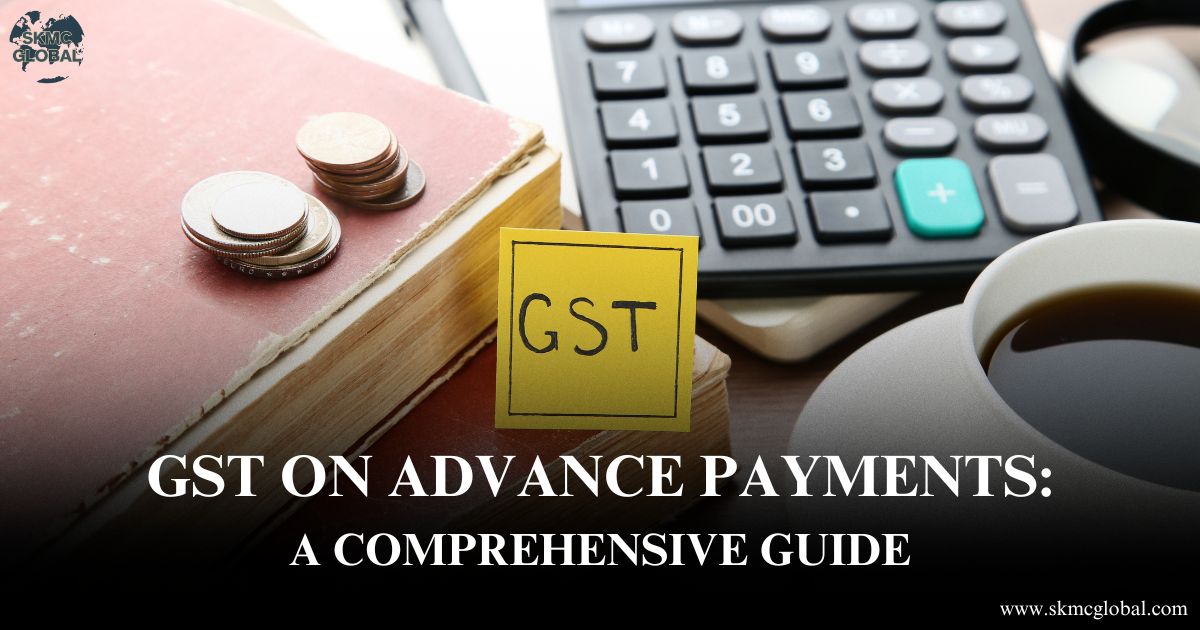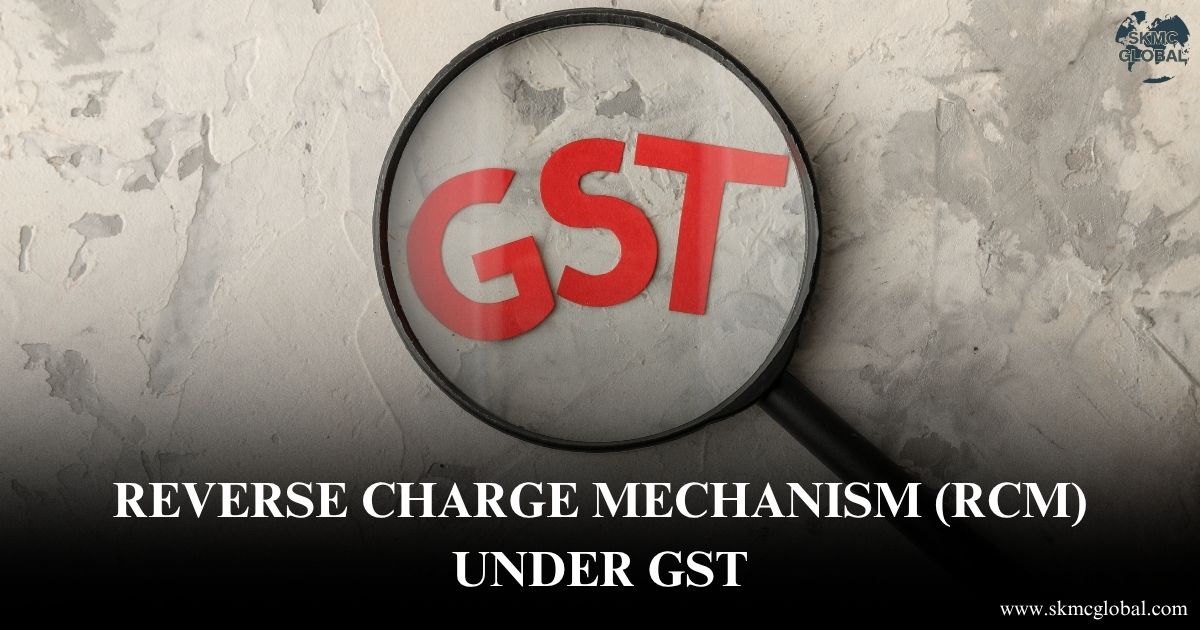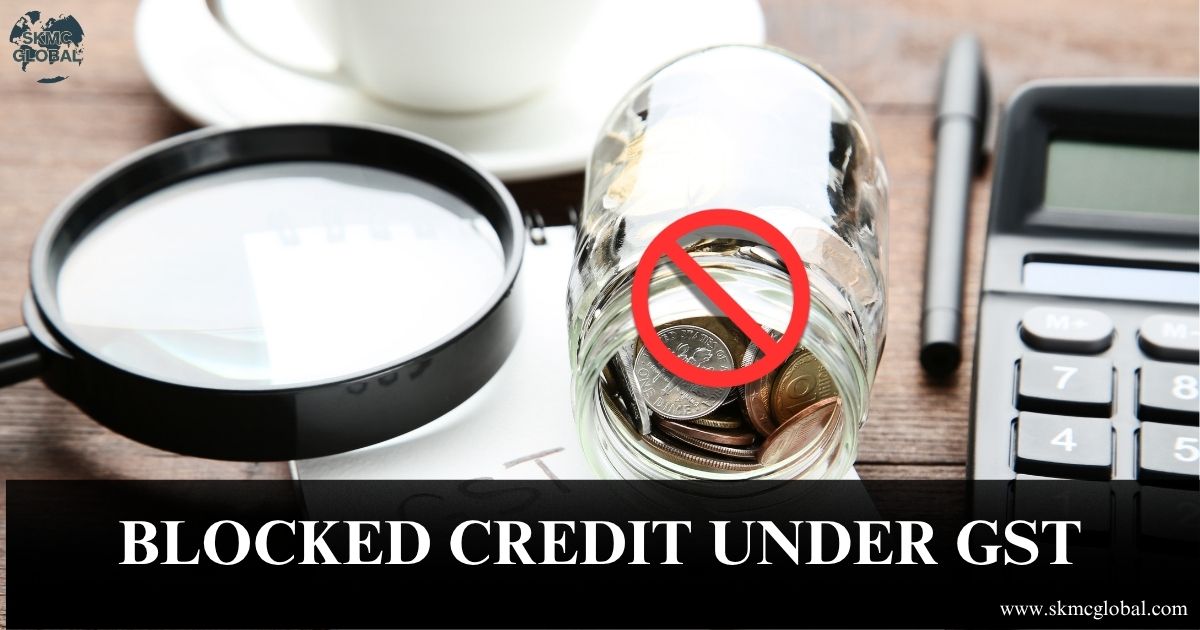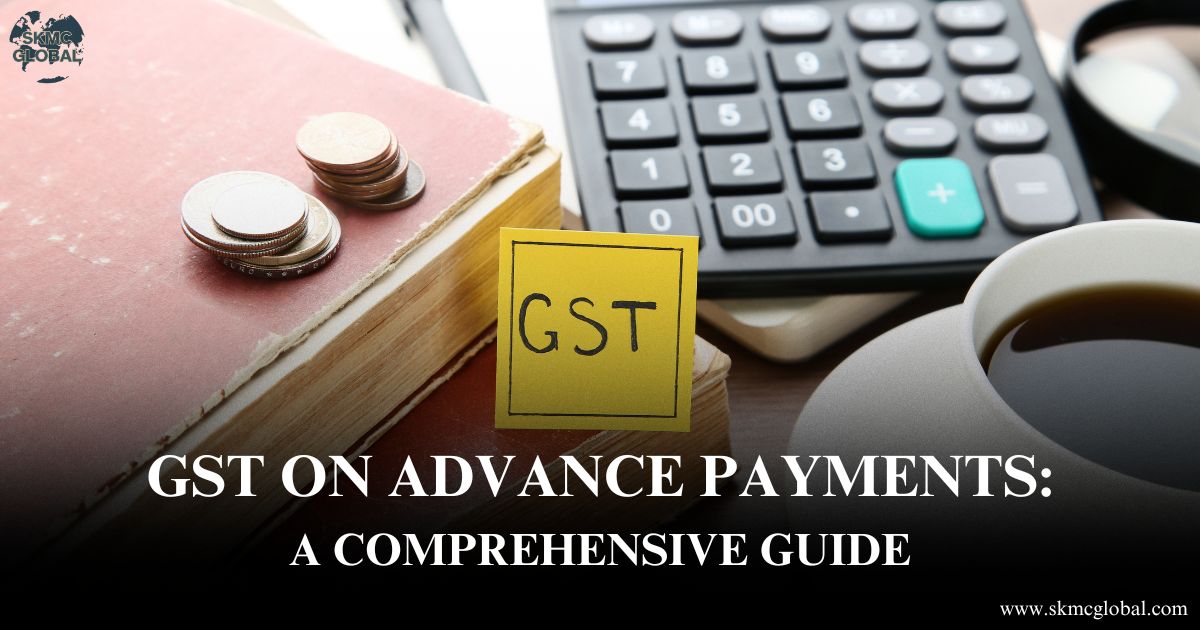
The Goods and Services Tax (GST) regime in India has brought a revolutionary change in the way companies handle taxation of goods and services. For business houses and service providers, the provision of GST on advance payments is one of the most confusing areas. It is very crucial to understand the GST guidelines on advances in order to comply within time and avoid unnecessary interest or penalty.
This comprehensive guide will guide you with understanding when GST is payable on advances, how to account for it, report it, exceptions, and working problems.
What is an Advance Payment?
Advance payment is any sum which is being paid to a supplier before the goods or services are being supplied. It is a generic definition of an advance payment for future supply.
For example, if a buyer purchases goods and/or has availed a service and paid advance part of the payment in advance, then the same is an advance under GST.
GST Liability on Advance Payments: Goods versus Services
GST liability on advances is different in the case of goods compared to the case of services.
1. Advance for Supply of Goods:
Previously, GST was levied on receipts of advances for services and goods both. However, vide Notification No. 66/2017 – Central Tax dated 15th November, GST is not levied on advance receipts for goods.
Current Position (in the case of Goods):
GST is levied at the time of actual supply of goods or on the date of invoice, whichever is earlier. This has made compliance simple for companies dealing in goods.
2. Advance for Supply of Services:
In contrast to goods, GST continues to be payable in respect of advances towards services. GST has to be paid by the service providers on the receipt of advance irrespective of whether the service has already been rendered or not.
Assume that a consultant has taken ₹1,00,000 in advance for future consultancy services. He has to pay GST on ₹1,00,000 he received in a month irrespective of the delivery date of the service.
Time of Supply Rules for Advance Payments
"Time of Supply" should be understood because it determines on which date GST liability would arise.
For Goods
- Time of supply shall be the earlier of the two dates:
- Date on which invoice is issued or
- Date on which supply is made.
For Services:
- Time of supply shall be the earlier of below dates
- Date on which advance is received or
- Date on which invoice is issued or completion of service.
Thus, in case of services, GST is payable even at the receipt point of advance, before even issuing the invoice.
Accounting Treatment for GST on Advances
When advance for services is received, companies are required to:
- Issue Receipt Voucher: The CGST Act section 31(3)(d) mandates the supplier to issue receipt voucher with prescribed details like amount, rate of GST, place of supply, and GSTIN details.
- Payment of GST: GST must be paid on advance amount at the time of filing GSTR-3B for the month when advance received.
- Adjust GST while issuing Final Invoice: While making the final billing, GST on advance can be recalculated from the amount of payable GST.
Place of Supply and GST Rate on Advances
The place of supply has to be determined by the supplier while accepting advance on services since it decides the rate of GST to be charged:
- Intra-State Supply: CGST + SGST
- Inter-State Supply: IGST
The rate of GST to be charged has to be determined based on the nature of services for which advance is being received.
In case the nature of service or GST rate cannot be determined at receipt, GST has to be paid at 18% (default rate).
Adjustment and Refund of Advances
Sometimes advances received may be refunded subsequently because of order or agreement cancellations.
1. Treatment of Refunds
If the advance was taxed and subsequently refunded (on account of cancellation), the supplier may issue a refund voucher under Section 31(3)(e) of the CGST Act.
The already paid tax can then be claimed as setoff in the next GST return.
2. Reporting Advances in GST Returns
Companies are required to report receiving advances carefully while filing GST returns:
GSTR-1:
- Advances received should be reported in Table 11A of GSTR-1.
- Adjustments of advances against invoices are to be reported in Table 11B.
GSTR-3B:
- GST on advances has to be reported in the corresponding outward taxable supplies column.
- Non-reporting of advances will attract penalty and interest.
Special Case: Advance Received for Exempt or Nil Rated Services
Where advance is received against exempted or nil-rated service, no GST would be payable on such advances.
Illustration: Advance for export of services (zero-rated under GST) will not be charged to GST, but must be documented and accounted appropriately.
Issues Encountered by Business
Although legal certainty, the following practical challenges confront businesses:
- GST rate and place of supply determination at point of final invoicing.
- GST adjustment handling at point of final invoicing.
- Customer cancellation handling and issuing refund vouchers.
- Accounting intricacies in the event that multiple advances are adjusted against more than one bill.
- Paperwork on time, timely billing, and proper filing of GST returns are the keys to reducing these tribulations.
Conclusion
Advance payment GST rules are primarily aimed at charging tax at the earliest possible point. While advances received in respect of goods are no longer subject to GST, services remain taxable even at the advance level. For the service industry, monitoring advances properly, giving valid vouchers as and when required, and maintaining standards on return filing are important.
If any default in the GST provisions related to Advance payment occurs then it may attract interest charges, default penalties, or GST audit problems. Companies should mechanize their GST accounting and reporting mechanism for better tracking and management of advances.
Staying updated with the newest notifications and circulars that regulate advance payments will keep companies from making mistakes and enable them to become compliant without a lot of trouble.
Recent Posts
-
 Baggage rules of customs...
Nov 17,2025
Baggage rules of customs...
Nov 17,2025
-
 Reverse Charge Mechanism (RCM) Under GST: A Comple...
Jun 20,2025
Reverse Charge Mechanism (RCM) Under GST: A Comple...
Jun 20,2025
-
 Blocked Credit under GST: Interpretation of Sectio...
Jun 13,2025
Blocked Credit under GST: Interpretation of Sectio...
Jun 13,2025
-
 GST on Advance Payments: What Businesses Need to K...
Jun 12,2025
GST on Advance Payments: What Businesses Need to K...
Jun 12,2025
-
 How to Ensure GST Compliance: Best Practices for S...
May 21,2025
How to Ensure GST Compliance: Best Practices for S...
May 21,2025
